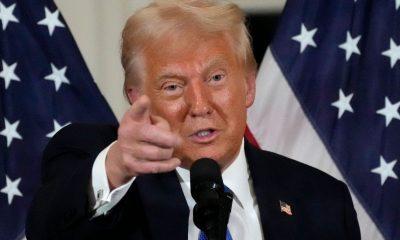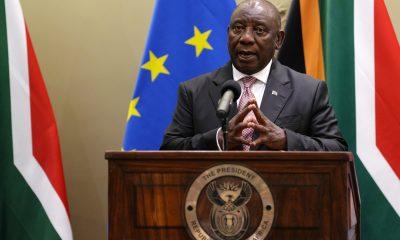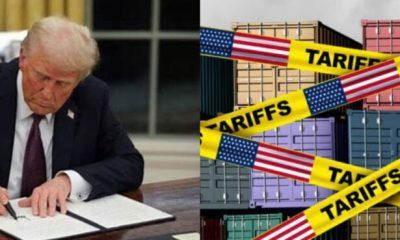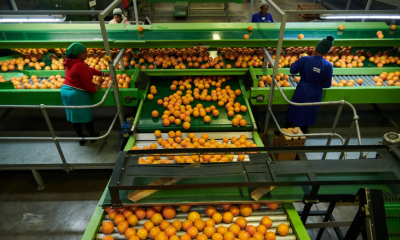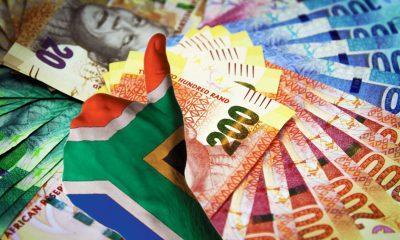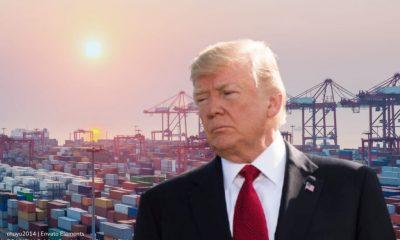411
Ramaphosa Condemns US Tariffs, Calls for Urgent Trade Talks
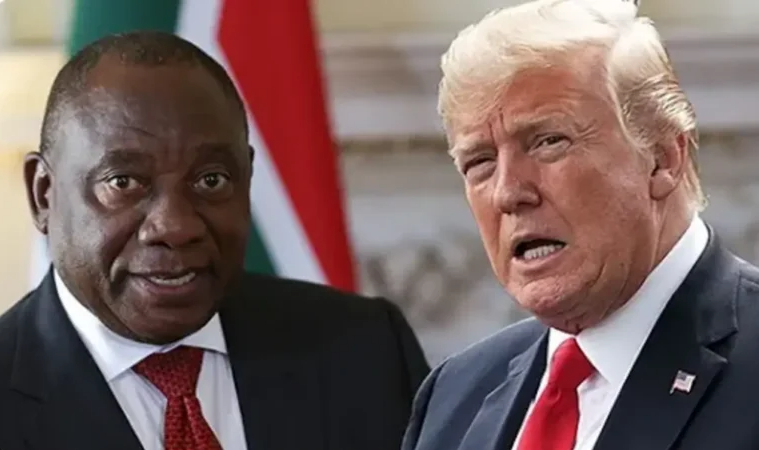
President Cyril Ramaphosa has expressed deep concern over the United States’ latest trade move, which imposes a 30% tariff on South African imports.
In a statement from the Presidency, Ramaphosa criticized the tariffs as “punitive” and a major barrier to trade. He also emphasized that South Africa remains committed to negotiating a fair and mutually beneficial economic relationship with the US.
“Whilst South Africa remains committed to a mutually beneficial trade relationship with the United States, unilaterally imposed and punitive tariffs are a concern and serve as a barrier to trade and shared prosperity,” the Presidency said.
This follows President Donald Trump’s announcement of a sweeping 10% tariff on all US imports, with higher rates applied to 60 countries, including South Africa, which was labeled one of the “worst offenders.”
Why Did the US Impose Tariffs on South Africa?
Trump justified the tariffs by claiming that certain countries, including South Africa, impose steep duties and hidden taxes on US goods. He stated that South Africa levies a 60% tariff on American imports, which led to the US imposing a “discounted” 30% tariff in return.
While Trump’s administration had previously pushed for fully reciprocal tariffs, the president said the US was showing restraint by only imposing half of what South Africa allegedly charges.
The move has rattled markets and raised concerns among South African businesses, which fear the impact on trade and investment. Analysts warn that the tariffs, coupled with political instability—including concerns over the Democratic Alliance’s potential exit from the Government of National Unity—could negatively impact the economy.
Tensions Between the US and South Africa Are Rising
This is not the first time Trump has taken a hard stance against South Africa. Since the start of his second term in January, his administration has:
-
Cut US funding to South Africa, affecting key programs such as HIV/AIDS initiatives.
-
Offered refugee status to white Afrikaners, citing concerns over land policies.
-
Pulled out of global renewable financing, impacting South Africa’s green energy plans.
-
Accused South Africa of anti-American policies, citing its diplomatic ties with Russia, China, and Iran.
-
Criticized South Africa’s stance on Israel, a key US ally.
With the potential loss of benefits under the African Growth and Opportunity Act (AGOA), South Africa’s trade relationship with the US faces significant uncertainty.
What’s Next for South Africa-US Trade Relations?
Ramaphosa’s administration is now focused on securing new trade talks with Washington in hopes of reducing tensions and avoiding further economic fallout.
However, with Trump’s administration taking a firm “America First” stance, it remains unclear whether South Africa will be able to negotiate better terms—or if the trade relationship will deteriorate further.
As both nations prepare for crucial discussions, South African businesses and policymakers must brace for an increasingly challenging trade landscape.
{Source BusinessTech}
Follow Joburg ETC on Facebook, Twitter , TikTok and Instagram
For more News in Johannesburg, visit joburgetc.com

